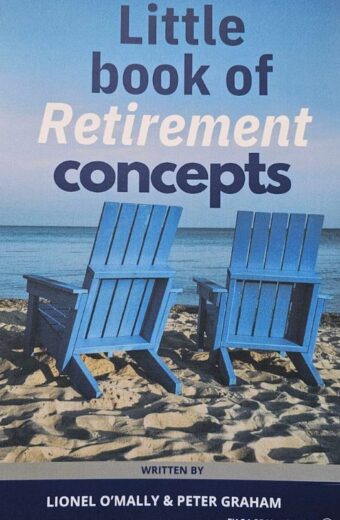As more than a million property investors around Australia will tell you, buying an investment property involves a great deal of forward planning, not unlike the purchase of a family home.
But investors have to remember that where a family home is a purchase from the heart, an investment property is very much a purchase from the head. It is a business decision and – like any business decision – it must be underpinned by a well researched business plan.
Property has been, and always will be, a good financial investment as long as people take the necessary steps to ensure they don’t get caught out with an investment property that is unrentable.
To minimise the risk of being lumbered with a bad investment the Real Estate Institute of Queensland (REIQ) recommends buyers do their homework and research the area they intend investing in.
The REIQ produces a quarterly research publication called Queensland Property & Lifestyle, which is available from newsagents nationwide or from www.propertylifestyle.com.au. The magazine contains very useful information about the Queensland market, including vacancy rates and median weekly rents.
Not only does a buyer need to know what price they can expect to pay but they also need to be aware of what sort of return they can expect from their investment.
When investing in Queensland, buyers are encouraged to seek out an REIQ Accredited Agency for informed opinion on the area they are interested in, as well as the property types that tenants are looking for.
The sorts of factors important to most tenants include: being close to public transport, having access to community infrastructure such as State schools, shopping centres, medical facilities.
The student accommodation market is an important consideration for many property investors and, to tap into this segment, investors should focus on the suburbs within five kilometres of a major tertiary institution.
The REIQ also recommends discussing your financial situation with an accountant or qualified financial advisor to ensure that your situation will allow for possible increases in interest rates or a period of time when the property may be vacant and without a tenant.
It is a good idea for potential investors to contact their local Council and the State Main Roads Department to determine whether they are planning any major developments in the area.
A solicitor should be able to supply you with a list of all the searches necessary for prudent purchase, but remember to ask for an extensive list of searches and pick out the appropriate ones for your purchase.
If you’re investing in a unit or townhouse the selling agent will provide you with a Body Corporate Disclosure statement, which will give you comprehensive details regarding Body Corporate and sinking fund fees, current balance of the sinking fund, and insurances covered by the Body Corporate.
Don’t forget that in Queensland, buying property as an investment attracts a higher rate of stamp duty and land tax than owner-occupied property. Contact the Office of State Revenue for information on the schedule http://www.osr.qld.gov.au/
Whether you are buying a brand new property or one with some age to it, the REIQ always recommend a building and pest inspection to be carried out by a State Government licensed, fully independent inspector. In Queensland, inspectors must be licensed by the Building Services Authority and you can verify this by logging on to http://www.bsa.qld.gov.au/. Even if you’re a first-time investor, property investment should be considered and managed as part of an investment portfolio and, unless you’re a seasoned property investor, independent advice can prove invaluable.
There are a number of companies which offer property investment advice, assistance and potential properties for purchase. If you would like to discuss purchasing an investment property, you can click on one of the links below.

